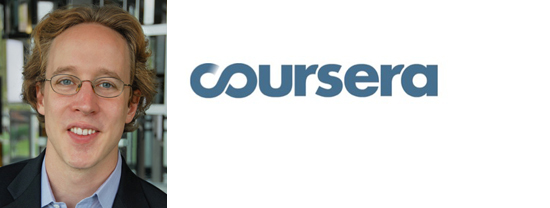Halderman’s “Securing Digital Democracy” opens on Coursera

 Enlarge
Enlarge
Securing Digital Democracy, a massive open on-line course taught by Prof. J. Alex Halderman, launched on September 3, with over 14,000 people enrolled. The five-week course, one of U-M’s first offerings on the Coursera platform, will probe critical security issues facing modern elections, including the potential for hacking electronic voting and Internet voting technologies. New students are still welcome to join.
Over 14,000 people are currently enrolled in the five-week course, which is free and open to the public. Prof. Halderman is enthusiastic about the project and has stated, “This is an exciting opportunity to experiment with new teaching technologies, and it’s an important opportunity to pursue our fundamental missions of education and public outreach in a 21st century medium.”
Prof. Halderman is enthusiastic about the project. “This is an exciting opportunity to experiment with new teaching technologies, and it’s an important chance to pursue our fundamental missions of education and public outreach in a 21st century medium.”
The new course aims to provide the technical background and public policy foundation that today’s citizens need to understand the electronic voting debate. Students will learn how electronic voting and Internet voting technologies work and what problems they aim to solve. They will also learn about the computer- and Internet-security risks these systems face and the serious vulnerabilities that recent research has demonstrated. Finally, the course will explain how computer technology has the potential to improve election security, if applied intelligently.

 Enlarge
Enlarge
Professor Halderman’s research spans applied computer security and tech-centric public policy. His interests include software security, data privacy, electronic voting, anticensorship, digital rights management, and cybercrime, as well as technological aspects of intellectual property law and government regulation. He teaches Introduction to Computer Security (EECS 398) and Computer and Network Security (EECS 588).
Prof. Halderman’s recent research projects have included exposing security weaknesses in Washington DC’s Internet-based voting system pilot and in India’s electronic voting machines, and creating technology to circumvent state-level Internet censorship.
Additional Information
The University Record: U-M among first to offer courses through groundbreaking online approach
New York Times: Online Education Venture Lures Cash Infusion and Deals With 5 Top Universities
National Public Radio: From Silicon Valley, A New Approach To Education
Prof. Halderman’s home page
 MENU
MENU 
